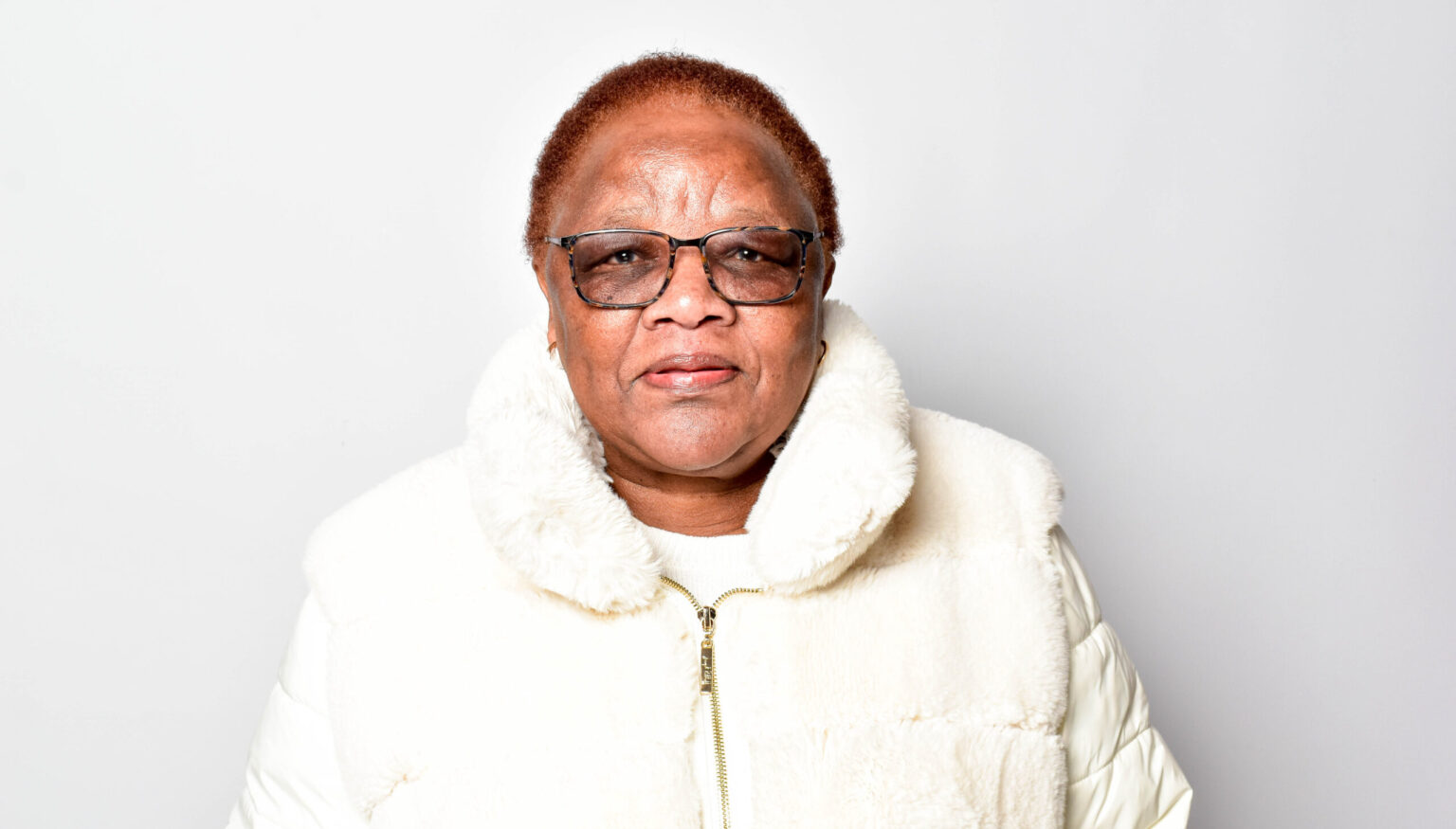By Benny Mojela
Following her recent lifetime appointment by Pope Francis to the Pontifical Academy of Sciences, Grocott’s Mail held a question and answer session with multiple award-winning scientist, Rhodes University’s Distinguished Professor, Tebello Nyokong, to chat about hard work, money, academic loneliness, and her love for her students.
Prof. Nyokong is Director of the Institute for Nanotechnology Innovation at RU and was also elected recently as a Fellow of the Royal Society, the scientific academy of the United Kingdom. In 2009, Prof. Nyokong was chosen as the most influential woman in education and training by Celebrating Excellence in Organisations (CEO) magazine. In 2014, she was appointed as a scientific advisor to then United Nations Secretary-General Ban Ki-moon. In 2016, she was awarded the African Union Kwame Nkrumah Scientific Award (AUKNSA), and in 2017, was the first recipient of the new Black Science, Technology & Engineering Professionals (BSTEP) Excellence Award.
Question: What does your appointment to the Pontifical Academy of Science mean for the future of science in Makhanda and broader South Africa?
Answer: The appointment has an international message that excellence in science does not occur only overseas. It also sends a message that regardless of gender, economic status, and colour of your skin, you can excel in science
Q: As a mother, a wife, and a world-renowned chemist what advice would you give to young women who want to pursue science?
A: They should work hard and consistently. I believe strongly in putting a lot of time into what you do. They should not choose a career based on money. They should base their choice on passion. Yes, we need money to survive, but choose a career that will make you happy, fulfilled, and challenged. That will make you wake up and want to go to work. I think that it’s important for young scientists to have role models who are grounded and in touch with reality, as this proves that it is possible to advance as a woman in science. If they can see that there’s someone who has succeeded and comes from the same background as them and has a husband and children like them, then they can believe that it is possible. I think leading by example is more effective than just talking.
Q: Why are you in academia instead of corporate industries?
A: I want to think for myself and not do what I am told. I want to create. I also think money is overrated.
Q: What are some of the challenges you had to overcome to get to where you are?
A: I can say that I have suffered academic loneliness in my career, and it is the most terrible thing where you have utterly no one to talk to since you don’t belong to their club. You are on your own with no one to share your happiness with and no one to talk to when things are wrong because it is not my world. I think it is only because I am slightly insane that I have the courage to go on! If I were to write a book, I would call it “living between two worlds and belonging to none”.
Q: How would you like to be represented?
A: Firstly, through my care for my students. Seeing my students succeed. I place great emphasis on encouraging my students to see chemistry and science in everything around them, and to continuously work at making science accessible to all. I always tell my students, when they talk to the public they must speak English, not science. I encourage them to have a simple love for their subject and to make it real. I also believe in encouraging my students to think independently and to become employers rather than employees.
Secondly, as an educator of politicians and the public about science. Also educating the rest of the world about South African science. For example, in 2009, a motion was passed in the National Assembly acknowledging my role in transformation of science in South Africa. When I was awarded the Kwame Nkrumah Scientific Award by the African Union in 2016, I addressed African heads of state about the importance of science. When I received L’Oréal-UNESCO award for “Women in Science” as a Laureate representing Africa and the Arab States, I did over 100 interviews with European media, so I made sure to make South African science visible.
Q: When did you know for certain that chemistry was the best route for you?
A: Even though I got a good background in Maths and Science in primary school, when I got to high school, I decided not to do these two subjects initially. It was a general belief that the sciences are hard and are not for girls. I began to believe it when my peers told me this. So, I spent three years of my high school learning art subjects. I really did not enjoy my subjects. I moved to do Chemistry, Physics, and Maths in two years. I did in two years what others did in five years. When I got to university, I chose chemistry because the lecturer was very good (and also cute). He made chemistry come alive.


